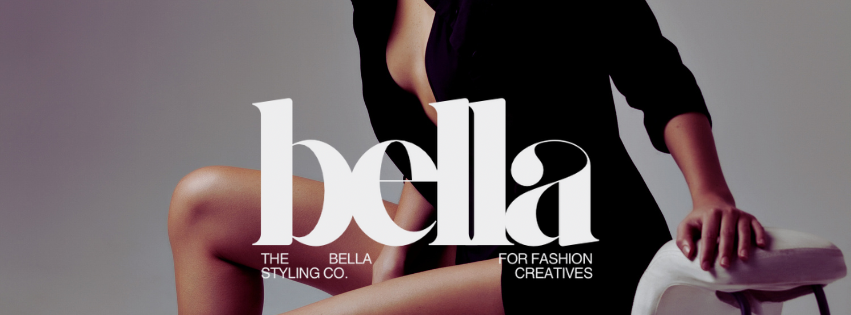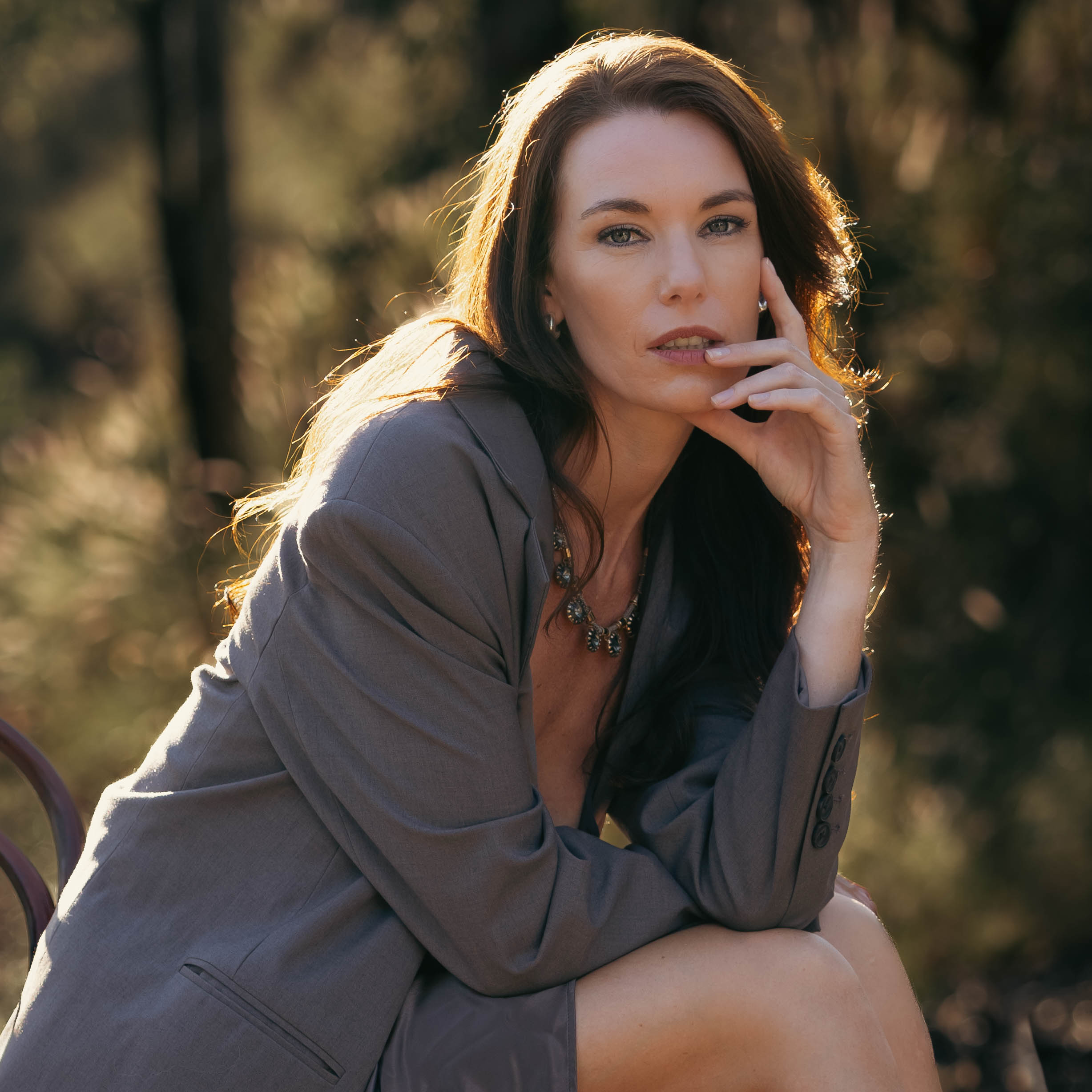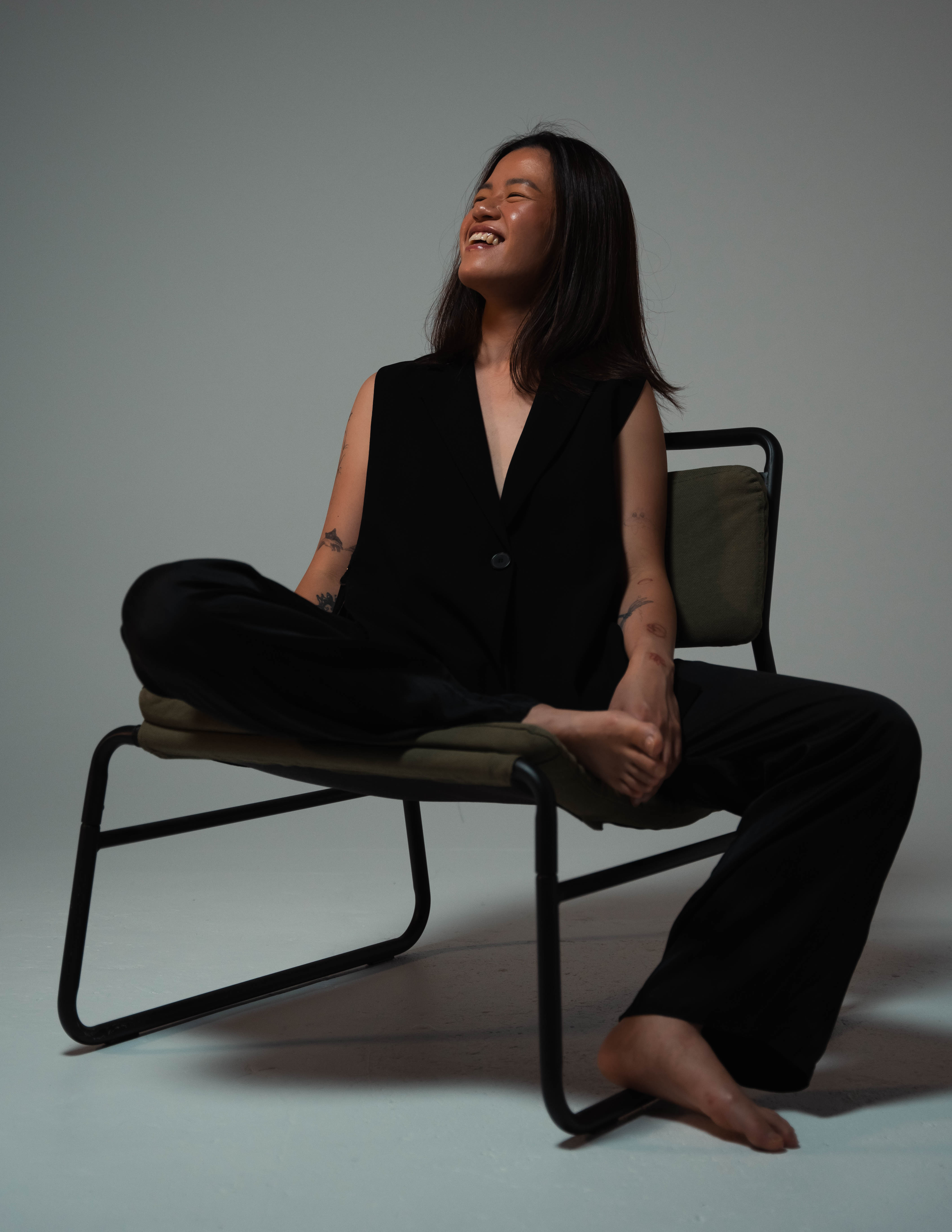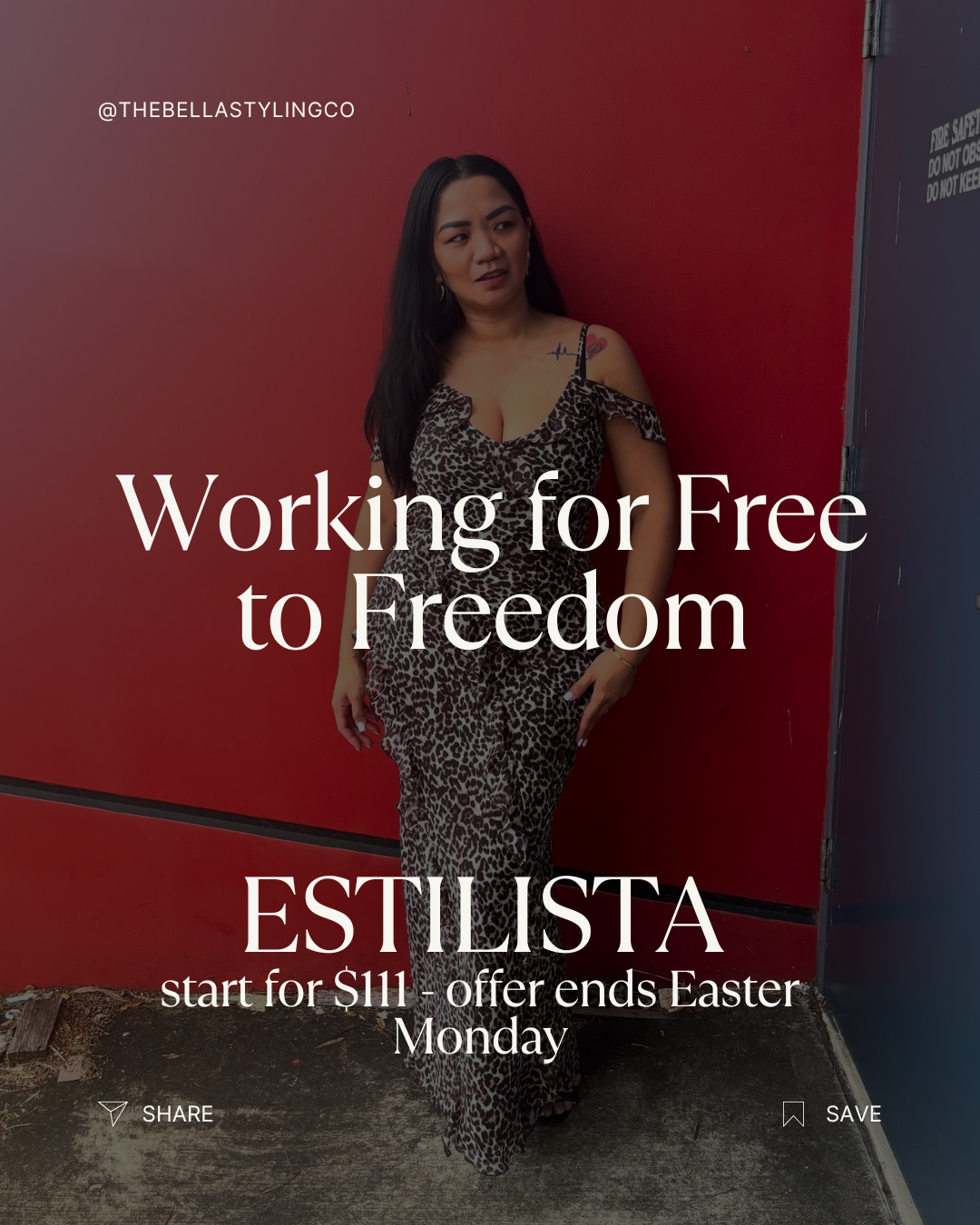ISABEL. THE BELLA STYLING CO.
Styling and Beyond: The Moment

There’s a moment that happens in almost every session. It’s subtle, quiet — but unmistakable. A client stands in front of the mirror wearing something that isn’t just flattering, but true. And you see it in their eyes: a flicker of recognition. Like they’re meeting themselves again, or maybe for the first time in years.
This is the power of styling — not just as a service, but as a form of teaching. And yet, it’s easy to forget that. In an industry built around visuals and transformation, we often get praised for the finished product: the curated outfit, the polished before-and-after, the “you’ve changed my life” reveal. But underneath it all is a slower, more layered process. A client doesn’t just walk away looking better. If you’ve done your job well, they walk away understanding something new — about their body, their taste, their power, their story.
That’s because styling is, at its core, a learning experience.
Our clients don’t come to us just for clothes. They come for clarity. They come to feel seen, understood, reconnected. Sometimes they can’t even articulate it — they just know something feels “off.” And they’re hoping a new wardrobe might fix it. But what they really want is a new way to show up. Our role isn’t just to dress that new version — it’s to help them become it.
When we shift our perspective and begin to see every session as a teaching moment, everything changes. We start asking different questions. Not just “What looks good?” but “What are they learning right now?” Maybe it’s that they can wear colour. Maybe it’s that they no longer need to hide under oversized knits. Maybe it’s that they’ve outgrown an old identity, and they’re ready to dress for who they are now.

As stylists, we’re constantly offering feedback — verbally and visually. We’re teaching through the way we talk about fit, the stories we tell about certain pieces, the confidence we mirror back to them. When we explain why a certain neckline lifts the face or how a structure in the shoulder commands a room, we’re not just sharing tips — we’re building understanding. We’re giving clients language, logic, and emotional permission.
And let’s not forget that adults learn differently. They don’t just absorb — they connect, they reflect, they need to feel it. That’s why the emotional part of styling matters just as much as the visual. When a client feels safe, celebrated, and seen, their capacity to experiment and evolve expands. Suddenly they’re willing to try the wide-leg pants, or layer the bold blazer, or show their arms again. Because you created the space for that risk to feel safe.

Some of the most impactful work we do happens in those quiet, unscripted moments. The offhand comment that changes how someone sees themselves. The simple formula you teach that becomes their go-to uniform. The shift in posture when they realise they look as confident as they hoped to feel.
Styling, when done with intention, creates ripple effects that last well beyond the closet. It becomes a tool not just for looking good, but for living more boldly. And as stylists, that’s the real work — not just what we create, but what we help our clients carry forward.
Because when styling becomes a learning experience, it becomes transformational. And that’s where the magic really happens.

As stylists, we’re often celebrated for our eye — our instinct for balance, proportion, colour, and texture. But there’s a deeper, more transformative role we play that’s rarely spoken about: we are educators. Not in the formal sense, but in the most human one. Every fitting, every wardrobe edit, every conversation in front of the mirror — these are moments of learning for our clients. And the better we understand how adults learn, the more powerful and lasting our impact becomes.
Here’s the part that often gets overlooked — when you structure your practice intentionally (not just creatively), you turn your talent into something sustainable. You build something that supports you just as much as you support your clients. That’s when styling becomes a business, not just a hobby.
.png)